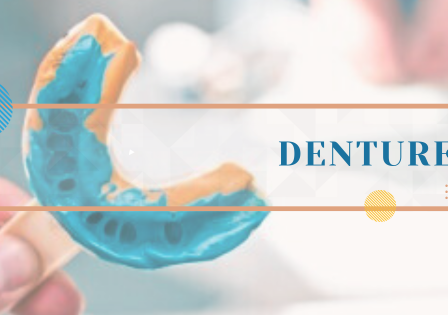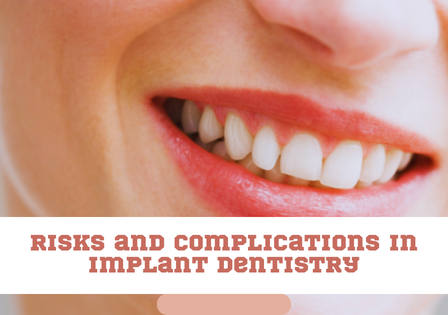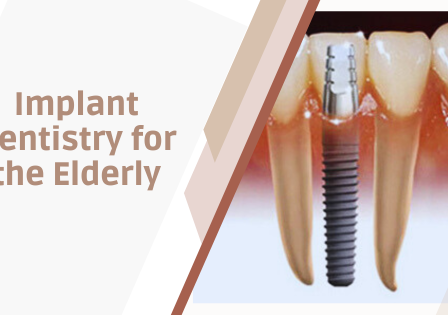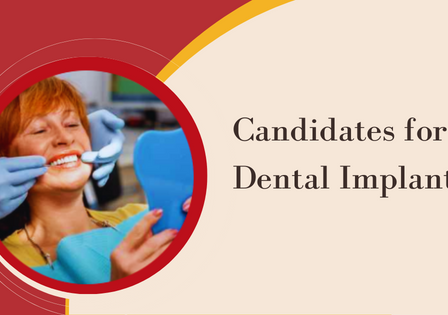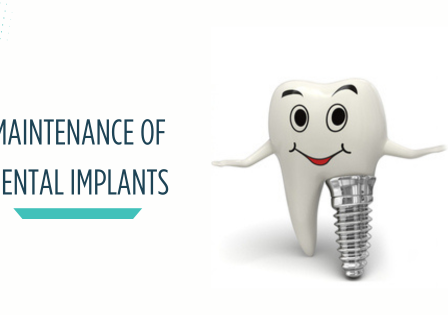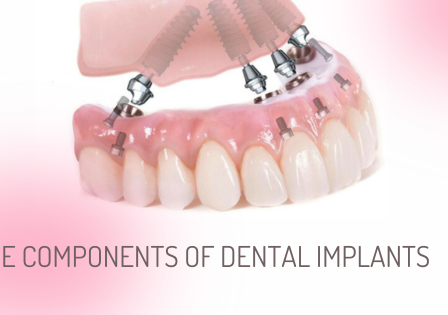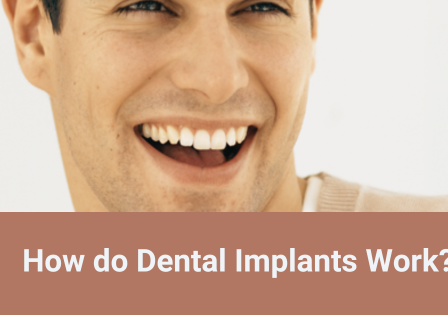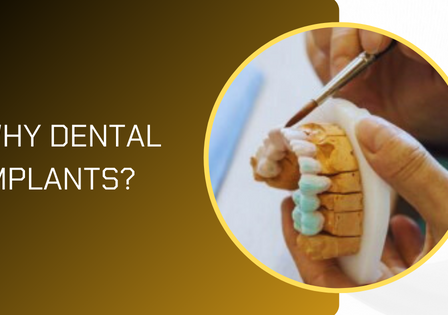At the Sweet Dentures Dental Center patients are provided with top-notch dental services that blend advanced technology with personalized care to create results that are not only functional but aesthetically pleasing as well. For the best hybrid dentures in Port Orange, look no further than Sweet Dentures Dental Center.
Tailored Dental Solutions at Sweet Dentures Dental Center
Hybrid dentures, a sophisticated combination of dental implants and traditional dentures, offer a superior solution to those looking for a stable and permanent option after significant tooth loss. At Sweet Dentures Dental Center, experienced professionals ensure that every aspect of the hybrid denture process, from initial consultation to final fitting, is handled with utmost precision and care.
Commitment to Technology and Personalization
What sets Sweet Dentures Dental Center apart is its dedication to using the latest advancements in dental technology. This commitment ensures that each hybrid denture is crafted to meet the unique needs and preferences of their patients, providing a level of customization that significantly enhances comfort and appearance. Each prosthesis is tailored to match the contours, color, and general appearance of the patient’s natural teeth, thus enhancing not only functionality but also confidence.

Enhancing Quality of Life Through Advanced Dental Care
The skilled team at Sweet Dentures Dental Center understands the impact that a healthy, bright smile can have on a person’s life. They work meticulously to create dentures anchored firmly on strategically placed implants that promote not only a secure fit but also help in preserving jawbone density. This attention to detail ultimately leads to a more youthful appearance and prevents the facial sagging commonly associated with tooth loss.
Dedicated Aftercare and Patient Education
Furthermore, Sweet Dentures Dental Center prioritizes patient education, ensuring that individuals understand the care and maintenance required for their hybrid dentures, as well as the long-term benefits of their investment. They offer comprehensive follow-up care and are always available to address any concerns or adjustments that might be necessary post-procedure.
Choosing Sweet Dentures Dental Center for Hybrid Dentures
For those in the Port Orange area seeking a permanent solution to extensive tooth loss, Sweet Dentures Dental Center is the top choice. Their expertise in crafting and fitting hybrid dentures allows patients to regain not only the functionality of their jaws and teeth but also to restore their smile and confidence, significantly improving their quality of life. Contact Sweet Dentures Dental Center today to learn more about how hybrid dentures can transform your dental health and help you achieve the smile you’ve always wanted.
